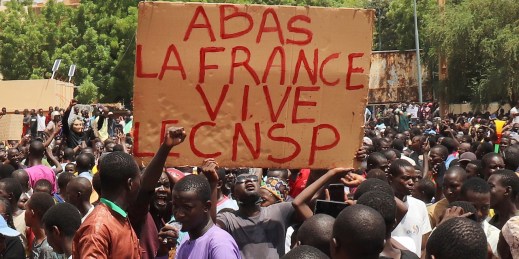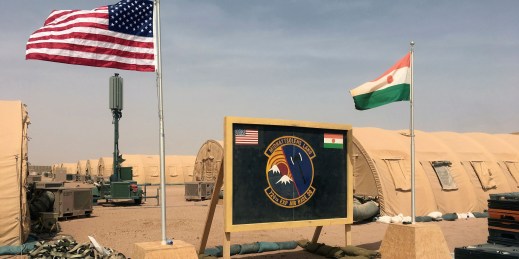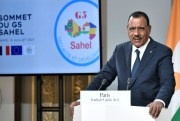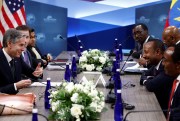Niger

In the past two weeks, the coup in Niger has snowballed into a confrontation pitting the civilian-led states of ECOWAS against military juntas in West Africa. But the standoff is a symptom of broader dysfunctions in the global system that underscore the need for the EU and its members to reassess their approaches to foreign policy.





